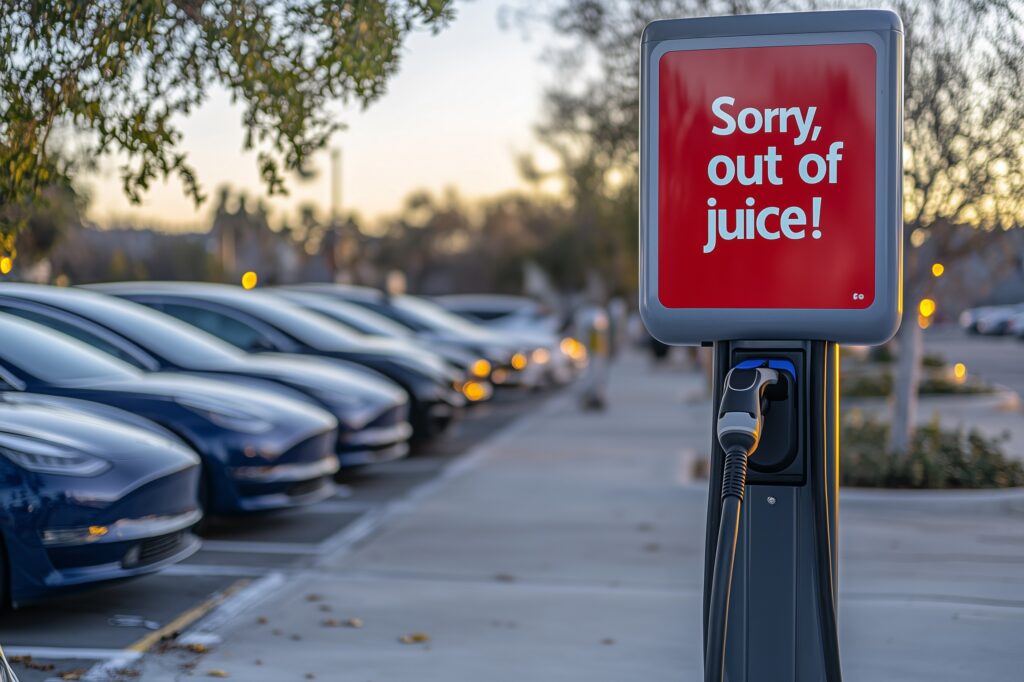Carbon taxes are about climate issues, not budgets
A good test for whether politicians are serious about battling climate change, or merely using the problem as an excuse to advance a grab-bag of progressive issues, is to examine what they would do with the revenues collected from a carbon tax.
If the answer involves anything other than offsetting cuts to other taxes, then I suspect the politician’s motives are less than pure. Carbon taxes are not about raising revenue. They are about placing a price on emissions so companies and consumers have incentives to choose lower-emitting options. The goal is to put a price on an “externality” – the economic term for ill side effects that aren’t included in the price of production.
Unfortunately, Washington Gov. Jay Inslee has failed this test with his carbon-tax proposal to help fund the state’s budget. As the Tacoma News Tribune reported in late March: “Not only does Inslee say it would combat climate change, a major priority of the governor’s, but it also would raise $2.1 billion in the next two years to help make court-ordered changes to the public school system and fund construction projects.”
Climate activists routinely warn about the dire consequences for the planet if the public doesn’t get serious about the issue. They also like to harangue global-warming skeptics for their refusal to jump aboard their campaign. Yet when they have the chance to ameliorate the concerns of those with other political views, they fail to do so.
It’s hard to blame skeptics who worry that the global warming fight is mostly about helping the state grab more tax revenue when leaders in that movement make clear they see a carbon tax as a way to help the state grab more tax revenue. Fortunately, Washington legislators from both parties failed to include a carbon tax in their $44.7 billion budget plan, which the newspaper described as a “one-two punch in Inslee’s eyes.”
Carbon-tax proponents believe the tax would internalize the social cost of carbon emissions in a way that’s more efficient and cost-effective than command-and-control regulations. Its purpose is not to fund all sorts of programs or balance the budget. A carbon tax accompanied by cuts in other taxes and paired with reductions in the regulatory burden has the best shot to win over people who suspect the whole thing is a sleight of hand.
Carbon taxes are a hard enough sell when their backers are not looking for a tax grab. On Nov. 4, Washington voters handily defeated Initiative 732, which would have been the first fossil-fuels tax in the nation. The Seattle Times reports, ironically, that “the measure had trouble marshaling consensus among progressive and environmental groups” because of “budgetary and other concerns.” Apparently, they didn’t like that its authors tried to make it revenue neutral.
That’s a sad commentary on the priorities of some activists and politicians, who claim to be urgently alarmed by global warming’s threat to the planet. Voters from across the political spectrum might start to take their dire warnings more seriously when they introduce a carbon tax that is about curbing emissions – not raising taxes to pay for a bunch of programs and subsides. Until then, expect tax-burdened voters to keep giving these proposals a failing grade.








